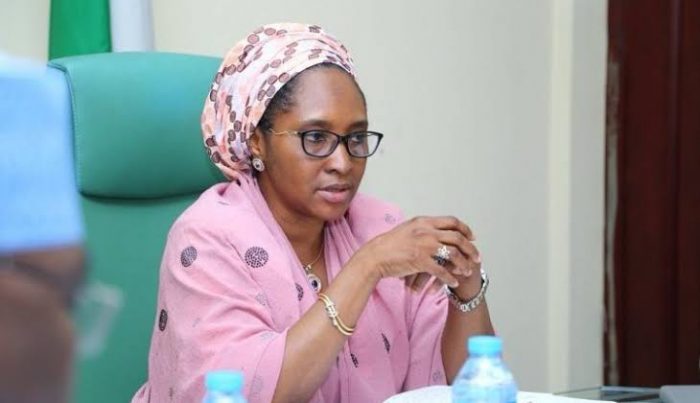Zainab Ahmed, the Minister of Finance, Budget and National Planning on Tuesday discussed why the Federal Government has decided to request for a $17bn loan from the China-Exim Bank.
Ahmed revealed to the Senate that the world bank, the African Development Bank, and other lending institutions seemed uninterested when Nigeria approached them during recession.
She noted that the loan, which is equivalent to $30bn is needed to fund critical infrastructure across the country.
She explained that the 8th National Assembly had approved about $6bn for the Federal Government out of the $29.96bn loan, leaving a balance of $22.8bn.
Ahmed told the Senate Committee on Local and Foreign loans that the Federal Government and some state governments were jointly requesting the loans from various lending institutions.
The minister maintained that the country had no issue with its current debt profile but noted that its dwindling revenue could not fund the various projects that were expected to have a meaningful impact on the lives of Nigerians.
Ahmed said: “The funds would be channeled to the funding of infrastructure which will enhance the productivity of our economy. Other projects are in the heath care, education. It also included projects for the rehabilitation of the North East geopolitical zone.
“Others are the Mambila Hydro Power project ($4.9bn), Lagos-Kano modernisation project $4.1bn), Development Finance project loan being provided by a consortium of World Bank and African Development Bank agencies ($1.28bn).
Read also: I Will Not Reverse Okada, Keke Ban – Sanwo-olu
“Above all, the loan will help us to improve our electricity supply, reduce poverty, create jobs, ensure access to finance, agricultural productivity, guarantee food security, achieve high school enrollment, provide clean potable water, rehabilitate major roads and develop the mining industry.”
Responding to why Nigeria is seeking 70 percent of the foreign loan from China, the minister said, “it is meant to make funds available to our own development institutions so that they can give out loans because access to finance has been difficult for the SMEs.”
She noted that “ The 2016 – 2018 external borrowing plan is both for the Federal Government and the states. So, some states would be responsible for the payment of some of the loans.”
In conclusion, she stated that Nigeria’s debt level was low compared to other countries like the USA, the United Kingdom, and Canada.



Leave a Reply